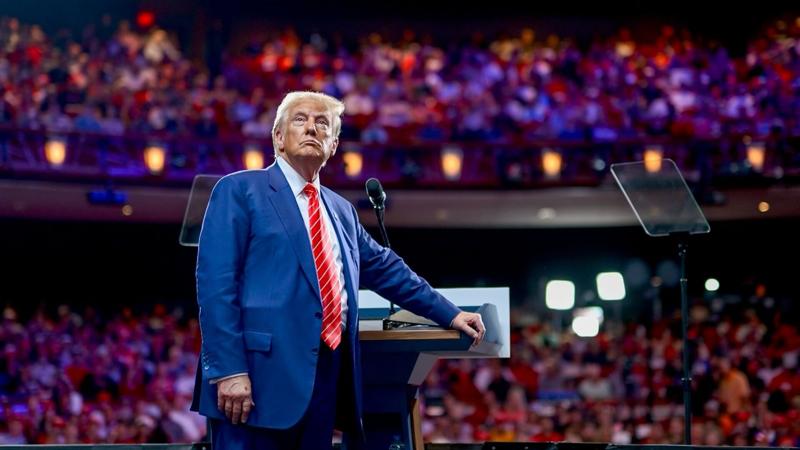Economists and others have raised concerns about President-elect Donald Trump’s plan to increase tariffs on U.S. trading partners, but some say Trump’s plan could generate billions for the U.S. each year.
John Paulson, founder of Paulson & Co. and a Trump campaign adviser, said raising taxes on foreign companies through tariffs is better than raising taxes on Americans. Paulson was briefly considered for the Secretary of the Treasury role in Trump’s next administration, but dropped out due to his “complex financial obligations.”
Paulson has taken the lead in making the case for Trump’s tariffs. In an op-ed published in the Wall Street Journal, Paulson detailed how tariffs could help the U.S.
“The proposal for tariffs has raised the typical concerns from economists who argue for free-trade policies,” Paulson wrote. “Their views reflect traditional economic orthodoxy, not reality. In the real world, we have a one-sided free-trade policy in which America isn’t nearly as protectionist as other countries.”
Trump’s tariffs could generate $450 billion in revenue a year, Paulson said. That estimate is in line with estimates from other groups. Just how much such tariffs would ultimately bring in depends on multiple factors, including how other nations respond to U.S. tariffs. That makes it “highly certain,” according to credit-rating agency Moody’s.
“While such measures could raise several trillion dollars in revenue over the next decade, they could also lead to revenue losses from potential retaliatory actions from other countries and other economic losses,” Moody’s noted in a recent report. “Therefore, the net effect on future revenues and fiscal deficits from such measures is highly uncertain.”
On the campaign trail, Trump proposed imposing a 10% to 20% across-the-board tariff on all imports and tariffs up to 60% on China to help offset the costs of keeping the 2017 Tax Cuts and Jobs Act tax provision in place. After winning the election, Trump said he’d hit both Mexico and Canada with 25% with tariffs and add another 10% to China’s bill on his first day in office. Trump said that those tariffs wouldn’t be eliminated until Mexico and Canada secure their borders and China stops the export of fentanyl precursors.
“The U.S. imposes only an average 2% tariff on imported industrial goods, while many other countries have both high tariffs and nontariff trade barriers,” Paulson noted.
Paulson said it was better to tax foreign companies than Americans.
“Isn’t it better to tax foreign entities for entering the American market than impose new taxes on American families?” he wrote.
Paulson sees tariffs almost as a panacea for U.S. challenges, including a growing debts and deficits.
“The tariffs would also spur a rebirth of our manufacturing sector, creating jobs, higher wages and economic growth, all of which would lead to greater tax revenue without raising tax rates,” he wrote. “That in turn would reduce the fiscal deficit, which would lower interest rates – again, lifting our economy, and helping everyday Americans buy homes, save for retirement and raise their standard of living.”







